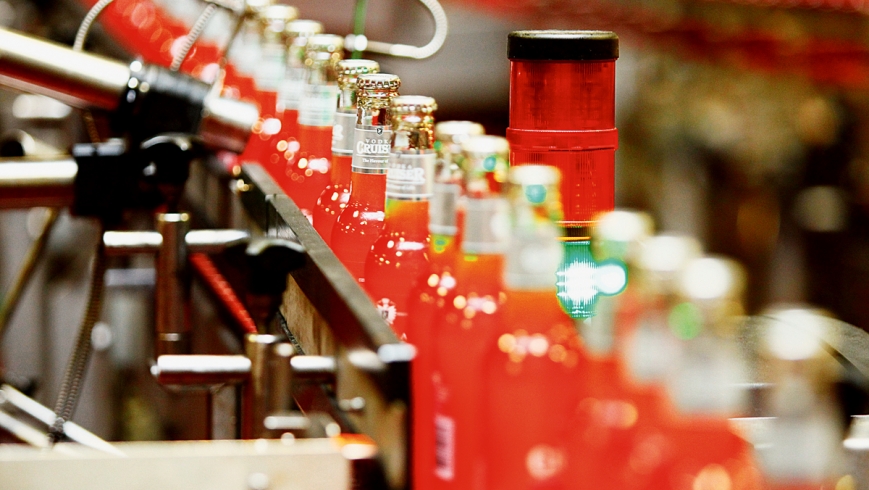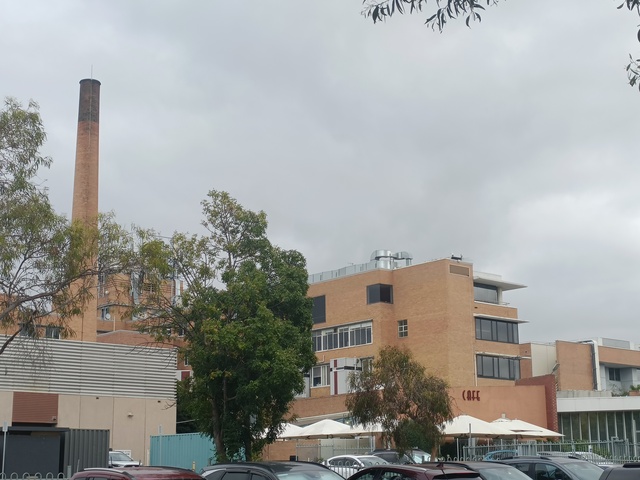When master brewer Dermot O’Donnell says his favourite beer is his next, he’s only half joking. At 69, he’s an international beer judge and the master brewer at Asahi Premium Beverages’ Laverton brewery.
Along with head brewer Richard Hollingworth, he is looking forward to developing new beers next year.
The Japanese giant still imports its Asahi Super Dry, but has spent $10 million redeveloping its Laverton site which produces beers, ciders and spirits.
It recently re-launched a boutique beer, Cricketers Arms, in lager, ale and mid-strength varieties.
There are huge, gleaming steel fermentation vats, high-speed keg and bottling lines and automated palette robots to move the stock in a brewery hidden in an industrial area on Swann Drive, Laverton, off Mount Derrimut Road.
PICTURE GALLERY: Inside a Laverton brewery
O’Donnell says that next year the facility will open a microbrewery for product development and for the creation of new “VIP” brews in honour of celebrities.
He is proud of the two additions to the Cricketers Arms range and speaks of the complexities of the brews as if discussing fine wine.
The original Cricketers Arms lager, bought by Asahi this year, is “unashamedly Australian in style” and uses the amarillo hops, grown only in Washington state, to add a distinctive “citrus, grapefruit” flavour.
“Using different hops produces different flavours, like different grapes produce different wine flavours,” O’Donnell says. “The ale is like a red wine with bigger flavours that are not as fine as those of a lager, which is like a white wine.’’
He says the Cricketers Arms Indian Pale Ale uses three varieties of hops including amarillo for citrus flavours, cascade hops from America for bitterness and the Nelson sauvin hop, named after the sauvignon blanc grape for its fruity flavour.
“The ale has two specialty malts for a toffee characteristic and is meant to be savoured rather than chug-a-lugged,” O’Donnell says.
The Cricketers Arms Mid On is brewed with high technology to retain the full flavour of a lager while reducing the alcohol.
“We can produce small batches, so are very flexible moving between products to respond to market demand.”
O’Donnell, who has been brewing around the world since 1967, says yeast – which through fermentation produces alcohol – is the “meat and potatoes” of beer production. Hops are the “salt and pepper” that add flavour.
He hopes to feast on new varieties of beers developed in the microbrewery next year.

















